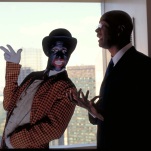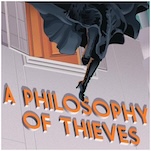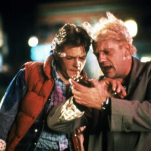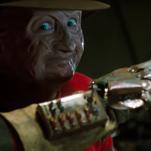Netflix’s Muddled Eric Squanders a Pair of Powerful Lead Performances
Photo Courtesy of Netflix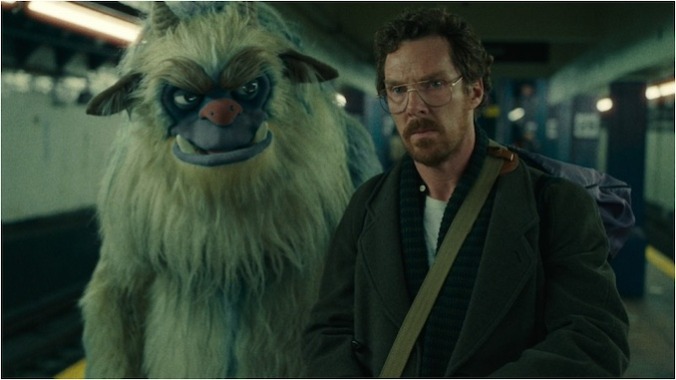
On paper, Netflix’s Eric should be fascinating: a prestige limited series about a missing child and a father driven to the brink of madness by his disappearance, complete with a hallucinatory giant puppet is the stuff of awards season dreams. The cast is star-studded, the performances are top-notch, the recreation of a derelict 1980s New York brimming with corruption and dirt is uncomfortably accurate. And, don’t get me wrong, there is a good show in here somewhere—several good shows, actually. But there is such a thing as trying to do too much, and in attempting to extrapolate larger social meaning out of the initial premise of one miserable man’s worst nightmare, creator Abi Morgan’s series muddles the message of all of them.
Eric initially follows the story of Vincent Anderson (Benedict Cumberbatch), a generally awful alcoholic narcissist who is a bad father and a worse husband. The creator of a Sesame Street-esque series known as Good Day Sunshine, he’s the son of a wealthy real estate developer and his character comes complete with all the psychological damage typically wrought by rich absentee parents as well as a personal determination to both reject and refuse to acknowledge the privilege the luck of his birth has given his life. (Honestly, he’s kind of insufferable, and his lack of self-awareness really hinders the narrative when it comes to building any sort of genuine sympathy for his character.) Though he’s clearly a talented creator, Vincent is often at odds with his coworkers, his marriage to wife Abi (Gaby Hoffman) is obviously crumbling, and he’s the sort of father who can barely bring himself to be present even when standing beside his son. But when nine-year-old Edgar (Ivan Howe) disappears after a particularly vicious argument between his parents, Vincent’s downward spiral goes into overdrive.
-

-

-

-

-

-

-

-

-

-

-

-

-

-

-

-

-

-

-

-

-

-

-

-

-

-

-

-

-

-

-

-

-

-

-

-

-

-

-

-














